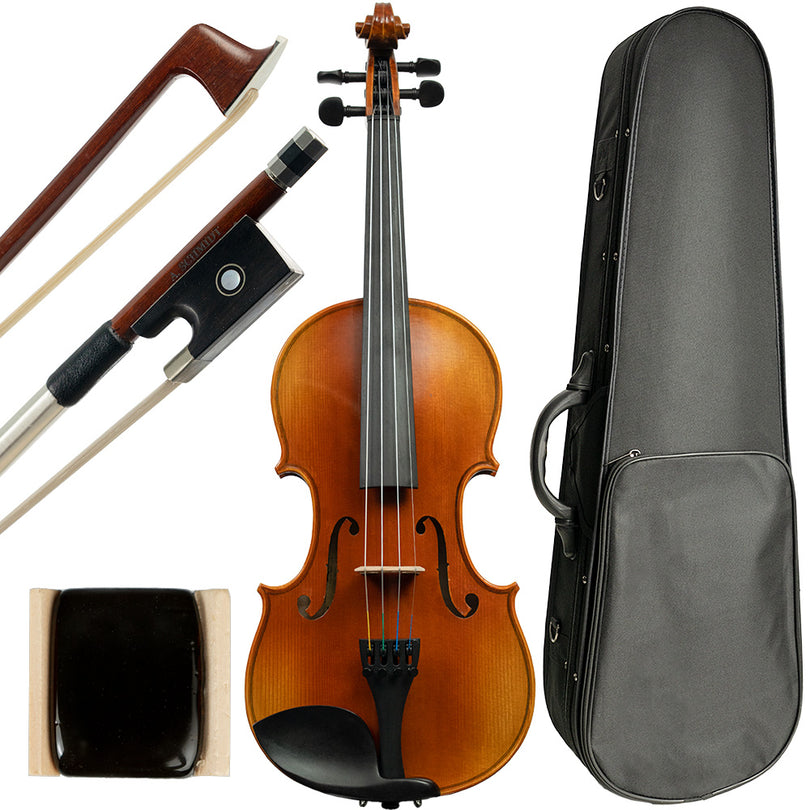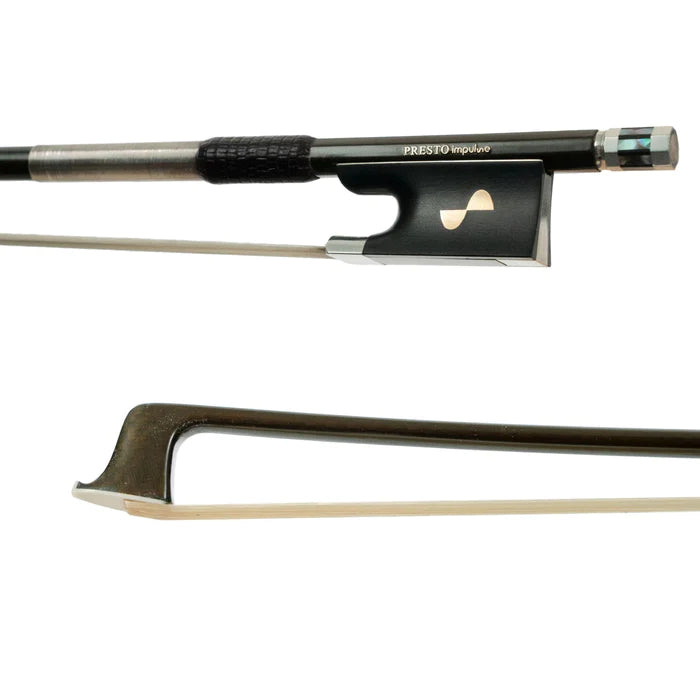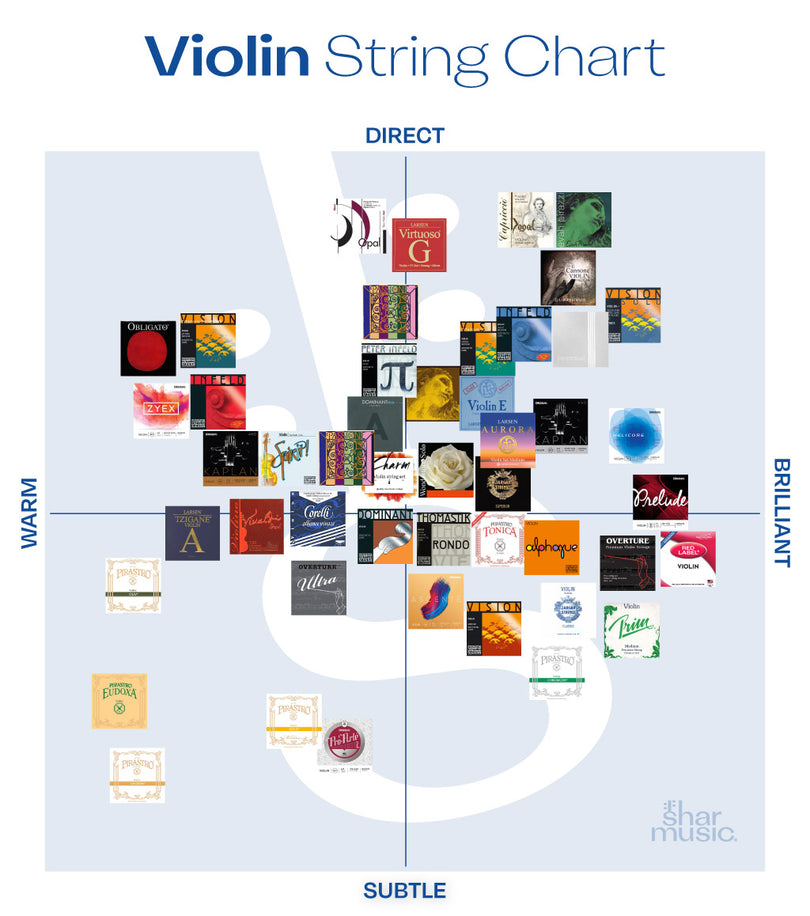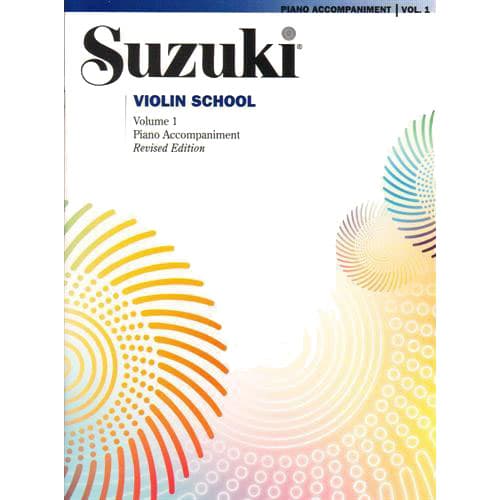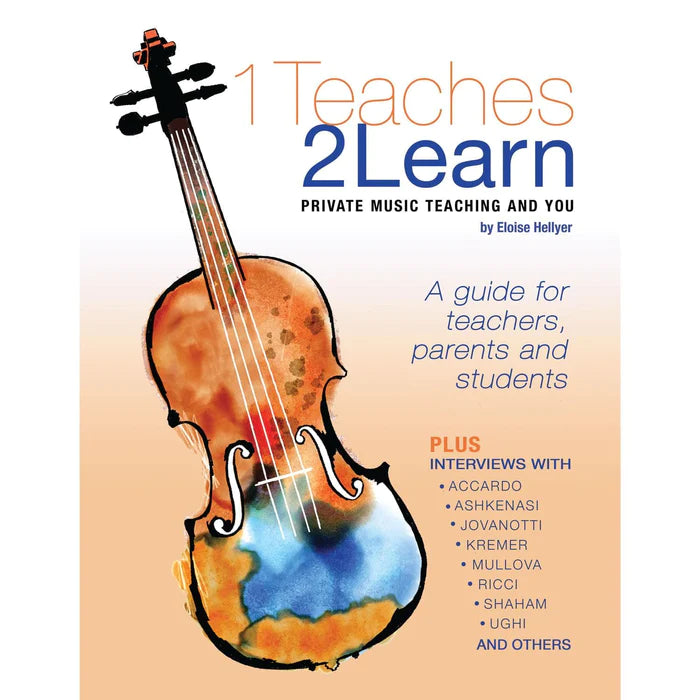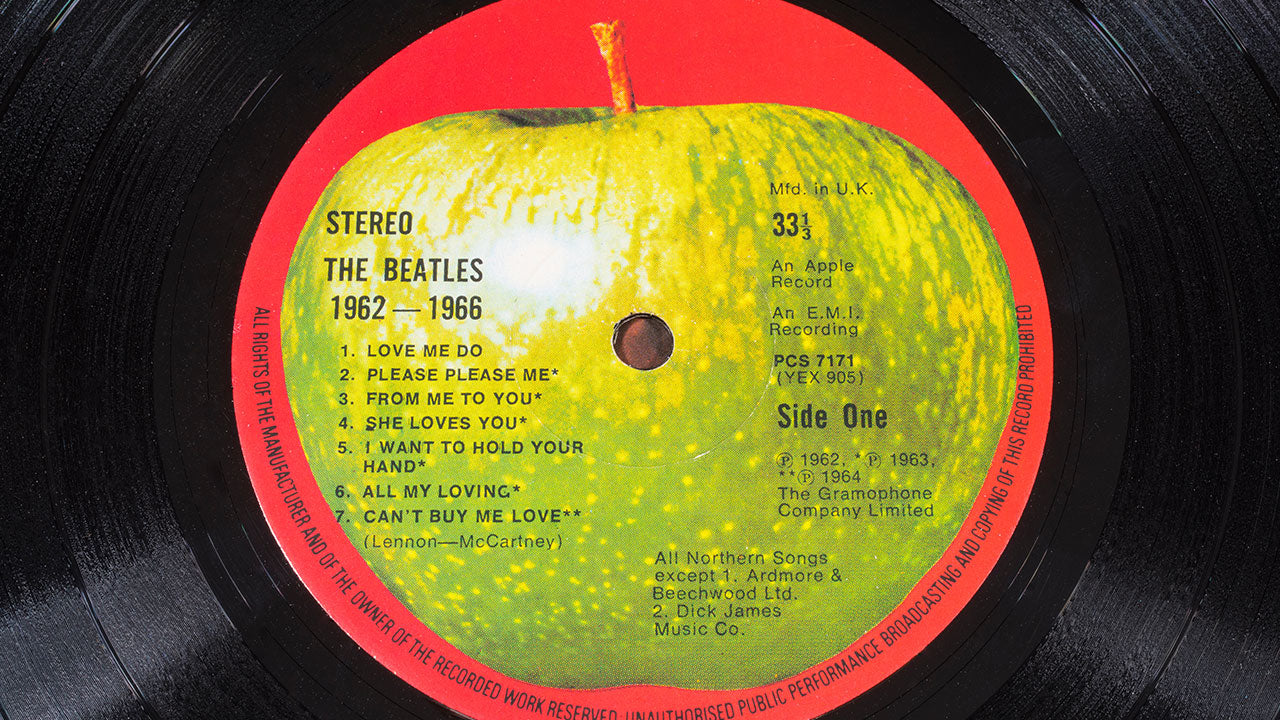UPDATE: As of 4/1/2024, our efforts have raised $6,185 for the Suzuki School of Ukraine. Our GoFundMe is officially closed, but we sincerely thank those who contributed to this cause.
On February 24th, 2022 the whole world watched as Ukraine was invaded by Russian forces. By the following month, a full-scale war had broken out between the two nations. The trials and tribulations suffered by the Ukrainian people are still being documented, even a year later as the conflict rages on. In the age of a twenty-four-hour news cycle, it’s difficult to find space in your heart for much empathy—there is so much tragedy in the world, and the matter-of-fact way that information is presented to Americans can often take empathy out of the question. We are often presented with statistics, an obsessive tracking of where Vladimir Putin has decided to travel or whom he has decided to silence. We hear about the impact the war will have on oil prices, trade, and shipping. It is almost as if this conflict exists on our screens instead of in the real world, affecting real people.
The Ukrainians are not only trying to survive, but they are also trying to preserve their culture during wartime—Ukraine is a country rich in cultural traditions that are in danger of being destroyed by Russian forces, and music is a central component of Ukrainian identity. The Ukraine House of Culture, a historical amphitheater built by the community of Irpin in 1952, was severely damaged by Russian shelling and occupation. The Russian campaign has been blatant about ignoring the parameters of conflict, set years ago after World War Two during the Geneva Convention—there is to be limited impact upon monuments of historical significance, and above all, there is to be no direct, purposeful attack on civilians. To disregard these laws means to face a tribunal on a global scale—to disregard these laws is to commit war crimes. The Red Cross has a helpful guide on what this means here.
Nataliia Koptienkova, director of The Suzuki School of Ukraine, was thinking of her students when the Russian invasion rocked the capital of Kyiv. The school was just outside the city, and the worst of the initial fighting was centralized there. The Suzuki school is a leader of string music pedagogy in the country, a place usually filled with the sounds of students playing scales or scribbling notations, a warm and inviting building housing the next generation of string players. After the first few weeks of the war, it became a site of grief: both Nataliia, her students, and their families were forced to flee to neighboring countries, leaving their instruments and homes behind until Kyiv was liberated. Within a few weeks, the city was nearly destroyed. Children were found by Ukrainian soldiers hiding in cellars of demolished buildings, hungry and filthy. Families were split, as all able-bodied Ukrainian men were obligated to report to duty as soldiers. And then, tragedy struck home for the school: a guitar teacher, Mykola Talalayev, was killed by the Russian occupiers.
Seeking a shred of hope, Nataliia reached out to her Suzuki School colleges in Germany and Poland to help the displaced Ukrainian families find shelter and normalcy amidst the conflict. Kerstin Wartberg, a violin teacher and chair of the Suzuki School of Germany, responded by writing an article for the International Music Teachers Exchange (IMTEX) spotlighting the need for aid. Kerstin and her colleagues created a safe space for families and students to continue their education and string music practice, providing them with free classes and borrowed instruments.
After a few months, Russian forces were pushed from Kyiv and the Ukrainian military showed an impressive resilience that the rest of the world recognized and celebrated. But, as with many global conflicts, once the fighting settled into routine, so too did the rest of the world’s attention. It may have been easy for those of us on the other side of the planet to go to work and go back to thinking of our daily lives, but this was not the case for Ukraine, whose infrastructure was completely ruined, whose monuments and cultural centers were still left in dilapidated disrepair.
In April of 2022, Kerstin sought the help of colleagues in the United States—which led her to think of Charles Avsharian, the CEO of Shar Music.® Together, the two of them worked for a few weeks on how best to address the hardship in Ukraine with a collaborative donation. It was decided that Shar Music® would send twenty violins from the Franz Hoffmann beginner series to students in need. Nataliia provided the sizes she would provide to her students (as well a few other teachers) and a plan was set in to motion. However, at the time the donation was arranged, most international postal services were unavailable for Ukraine or refusing to deliver anything to the country due to the conflict. The first roadblock had presented itself: how were the violins going to get to Ukraine if postal service was near-impossible?
Luckily, Nataliia had also fostered a partnership with the Suzuki School of Poland in Warsaw—she was taking some teaching courses there before the war had started. Many people were using relatives or friends who lived in Poland as a way to get mail and packages delivered to Ukraine. With this in mind, Kerstin and Charles were able to secure the safety of the violin shipment to Warsaw, Poland. Even still, the war aggravated supply chain issues, and the violins needed to be inspected and assembled before shipment. This pushed their delivery to late October of 2022, and after a lengthy journey overseas, the violins made it to Poland by March of 2023. By then, the war in Ukraine had gained more momentum yet again, keeping Nataliia from traveling. The violins, so close yet so far away, had to remain in storage through the winter into the spring.
Finally, in early May of 2023, it was safe for Nataliia to travel to Poland by car, where she picked two shipped boxes of violins. They were safely and securely taken into the Ukraine, where Nataliia then distributed them to those in need. Below is her correspondence with Charles Avsharian detailing where the donations were sent. The names have been redacted to protect the recipients.
“I sent 4 violins to the city of Balta, Odesa region … there [they] begin to teach refugee children there, who came there from the territory where the fighting continues.
The Village of Kulykiv in the Lviv region received 5 violins. [They] start […] teaching children according to the Suzuki method in September.
I also sent three violins to our other colleagues:
- 1/10 violin for the small son of our colleague [in Lviv];
- [One Student] received a 1/16 violin in the city of Pershotravnevsk, Dnipro region;
- [One Student] received a 1/4 violin in the city of Berezhany, Ternopil region.
I [gave] the last three violins to colleagues in Kyiv. [They] should take these violins to teach children in Kyiv in the new school year.
… I think it is important for you to realize how many children and teachers you have made happy. Now these violins are in different regions of Ukraine and help teachers and children.”
The children and teachers who now hold these violins in their hands have gone through so much just to have some semblance of normalcy back in their lives, and we at Shar Music® are incredibly proud to have provided those moments of peace for them. You can take a moment to look at the photos Nataliia has sent, as well as read this article about how the Suzuki Schools and their students are continuing to foster community with their new violins and advocate for peace in Eastern Europe.
We are also proud to announce that Shar Music has arranged a GoFundMe specifically for Natalia's school, which you can donate to here. More details are included on this page to show how donations will be distributed. Your contribution is one direct way to help Ukrainians with the continuing conflict and to do your part to provide solace for a family.

